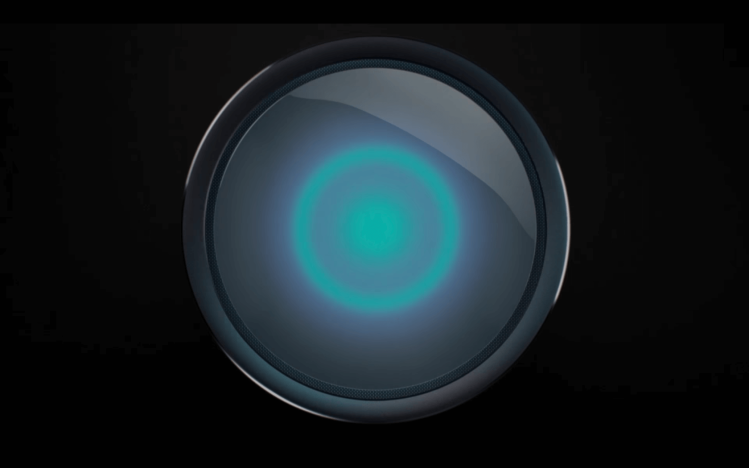Microsoft Cortana has been playing catch-up with Siri and the Google Assistant, but that’s about to change.
The company Bill Gates and Paul Allen founded in 1975 has made no secret of the fact that it intends to become an AI powerhouse. Many of the recent changes in Microsoft Office have been related to productivity automation. You can click a button to create a slideshow in PowerPoint, use the Editor feature in Word to improve your writing, and find out whether you spend too much time processing email in Outlook (using Microsoft MyAnalytics).
Now, Cortana is getting a big boost. Microsoft recently unveiled the Cortana Devices SDK that allows developers to create new hardware that benefits from AI. One of the first products will likely be a speaker that works more like Google Home and Amazon Echo. You’ll be able to set reminders, ask about the weather, and maybe even dictate a Word document.
What we know for sure: A company called Knowmail is planning to integrate its email automation engine with Cortana. We don’t know all of the details yet, but Cortana will be able to flag important messages as “urgent” and read them to you. As long as the machine learning works, this could save countless hours spent processing email. For example, you might skip browsing through your messages for an hour each morning and, instead, ask Cortana to do that. The bot might decide to read the messages from your boss, your kids, and a new customer but skip the hundreds of unimportant emails. Here’s hoping Cortana eventually figures out how to send automated responses (similar to the Google Inbox app) for those non-urgent messages. Someday, Cortana (and a company like Knowmail) might be the AI engine that weeds through our messages so we can focus on other things, like browsing websites instead.
Microsoft Translator Live and Skype are also becoming much more AI-enabled. It is now possible to make a call to a landline or cell phone using Skype to speak to someone from, say, Austria, and have the bot translate what that person says on the fly. It’s a fantastic feature and something right out of a science fiction movie. In terms of audio-conferencing, it might be possible someday for a meeting to take place with a group of people who do not speak the same language and have them all understand each other in real time.
What else is in the wings? I have some pretty good theories. I’m sure we will see major improvements in machine learning in other Microsoft properties, including the Edge browser. I was joking before about browsing more websites — what I want is a browser that finds the information I want faster, more reliably, and without my involvement. Maybe, in 10 or 20 years, an AI assistant will make browsing the web a distant memory. (Hopefully, the bot will still read articles like this.)
The goal is really all about saving time. Bots that can making coding easier, handle the complexity of research for us and feed us worthwhile information, process our email, improve customer service, and help with the sales and marketing process are all coming or already here.
There’s a question, of course, about the quality of the automation. In Google Inbox, I can send a quick reply today. Maybe, in the next year or two, this will expand and become more like a paragraph that’s based on the context and knowledge about my contact and is generated automatically. Will a bot be able to provide a lengthy, intelligent response by voice using Cortana without my having to dictate it? I’m guessing this won’t happen for maybe 10, or even 20 years, or more. The bot would need to almost read my mind and know my intentions and goals. If we get to that point, it will be due to the immense resources of companies like Microsoft, Apple, Google, and others.
For now, I’m looking forward to shaving a few hours off my email processing time and maybe having Cortana control the lights in my office. Get going on that, Microsoft.
VentureBeat's mission is to be a digital town square for technical decision-makers to gain knowledge about transformative enterprise technology and transact. Learn More

